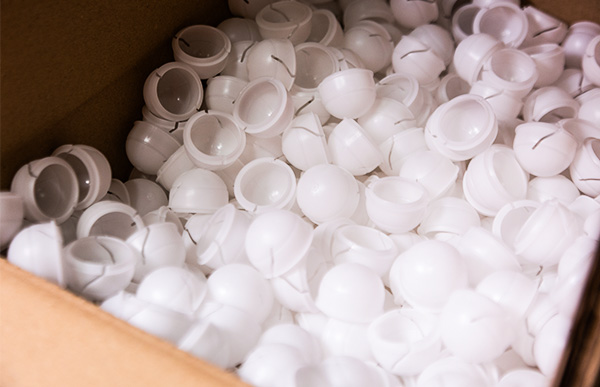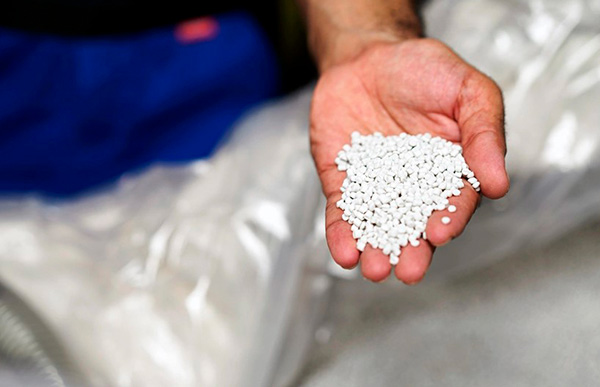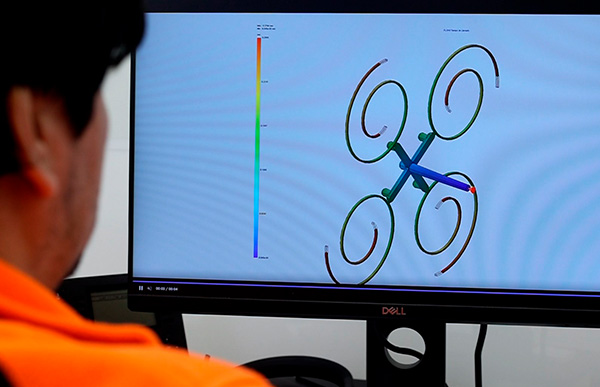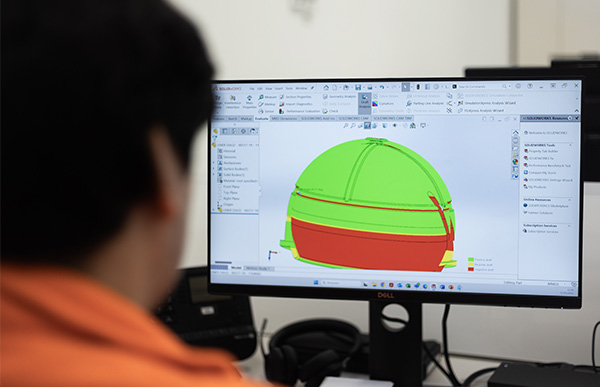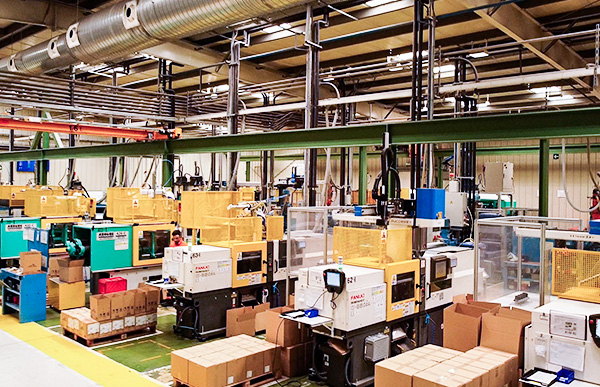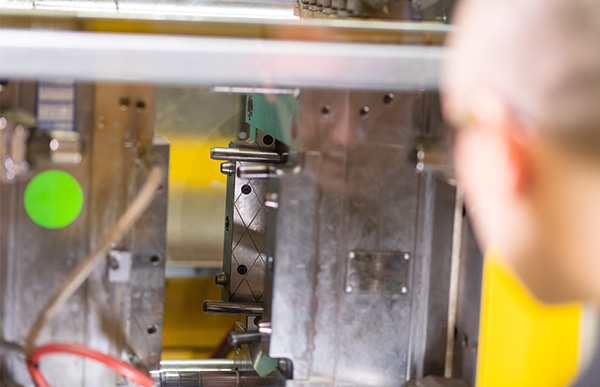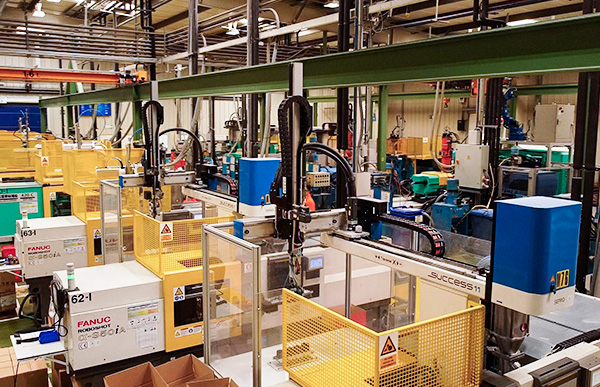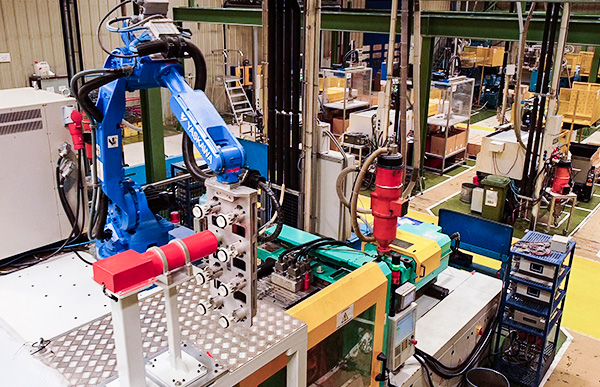Modal Content
Modal Content
Norject optimizes plastic injection with science and technology, identifying and correcting faults through machine testing. Quality is ensured by integrating Material, Mold, Machine, and Process.

At Norject, we work with non-Newtonian materials, whose viscosity varies with deformation speed. The materials we transform include reinforcement fillers in their polymer matrix, enhancing mechanical, thermal, and chemical resistance properties.
Some of the materials we work with include:
